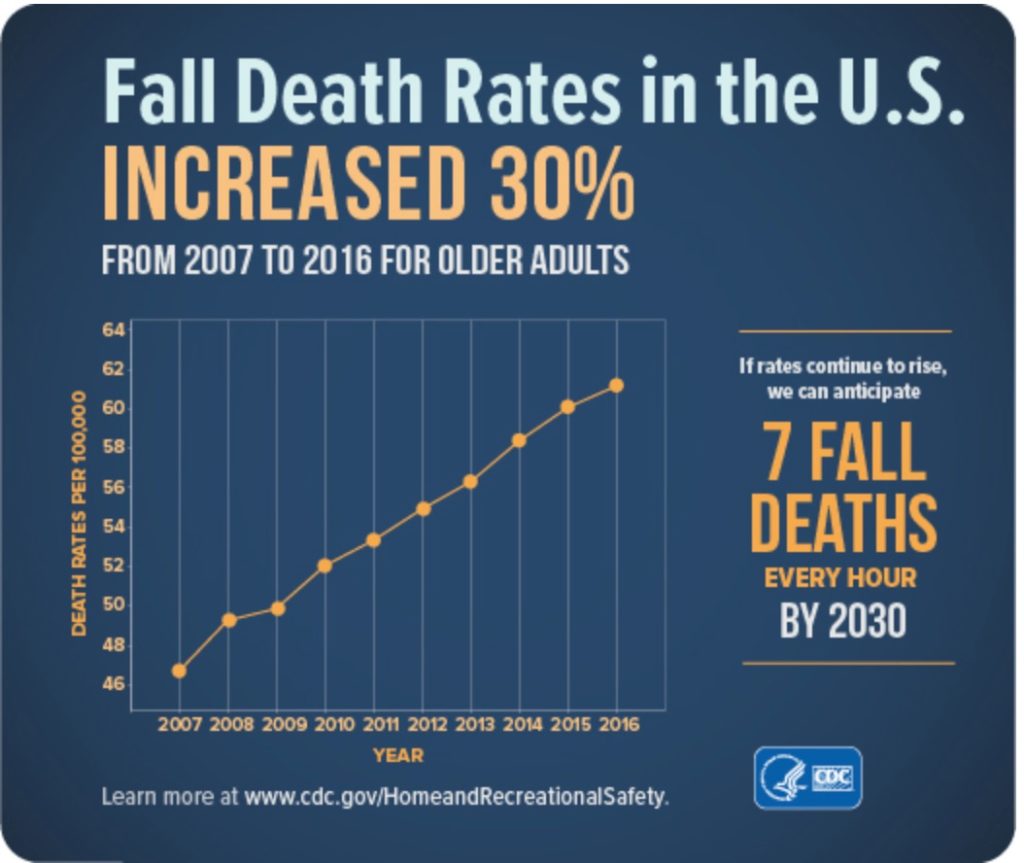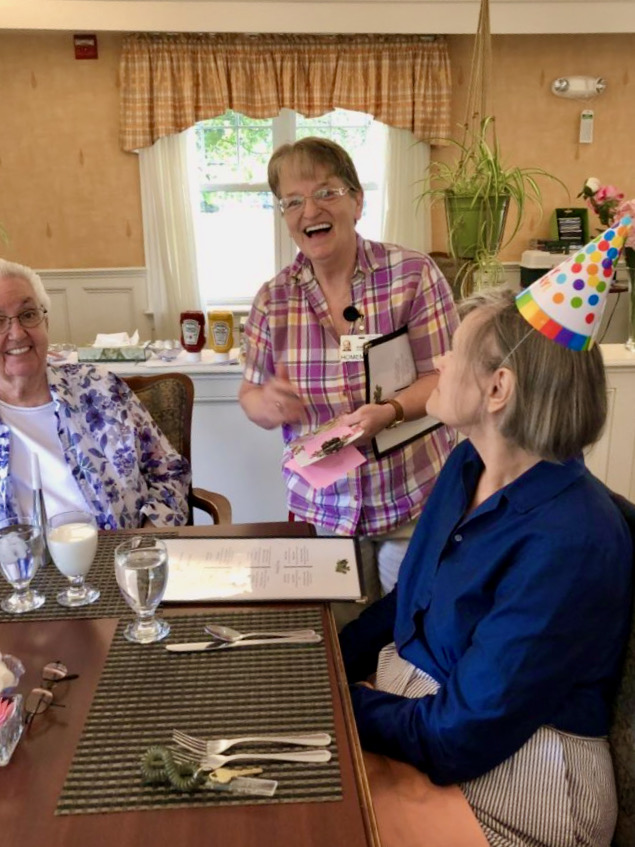There is nothing more satisfying than knowing that your loved ones are safe and surrounded by people who truly care for them. The desire for quality care, intellectual and social stimulation, and professionalism spans all age groups. We look for all of these things throughout our lives – when we choose our children’s pre-school and when we choose to help an older loved one find their best living arrangement – especially when it seems that they need a little more help.
But knowing exactly when to seek out additional help is not always as clear cut for those needing Personal Care services as it is for choosing the perfect school for your young child.
When is it the Right Time?
There is no “timetable” or age trigger that says “OK, now is the time to move!”. The decision to seek out this specialized kind of senior care – called Personal Care is as unique as the person seeking it. But there are a few signs or things to look for in your loved one that can help to clarify the need.
A Cluttered Home
Many of us are not particularly great housekeepers. But if you have noticed a change or decline in you or your loved one’s ability to keep up with the basics, then it is time to rethink the living situation. Every year 1 out of 4 adults over the age of 65 will fall. And about 1 out of 5 falls will cause a real injury. As folks age, falls are more likely to happen.
The fact of the matter is that clutter and tripping hazards are only one factor in fall risk. Medications that need adjustment, lack of fitness and balance as well as everyday things like uneven sidewalks are all potential hazards – especially when you are on your own. You can download an information sheet from the CDC about adult falls by clicking here.

Poor Personal Hygiene –
Neglect of a regular personal hygiene routine can be a sign of more serious issues than just forgetting to wash your hair or brush your teeth. It can be a sign of serious medical concerns such as depression or even dementia. Feelings of being overwhelmed, lonely or lacking a schedule can often contribute to a general sense of ennui – or “What’s the point of cleaning up? I have no special reason to make an effort.”. In these situations, a good Personal Care program can provide the structure, stimulation and watchful eye important to a senior’s health.
Medication Management –
For many of us aging seems to come with additional medications. In fact, according to the Center for Disease Control, 2 out of 3 seniors have multiple chronic conditions most of which require some kind of prescription medication. That is a lot to juggle. And compounding the issue is that seniors are especially vulnerable to unpleasant and sometimes concerning side effects that may go unnoticed for a period of time according to Dr. Elizabeth Landsverk a Gerontologist in the San Francisco area. Enrolling in a Personal Care program where medication is dispensed to the resident is one of the most reliable ways to maintain medication schedules, keep prescriptions and refills up to date and keep track of side effects. This is a critical component to senior health and life.
Problems Driving –
One of the clearest signals that it may be time to look into Personal Care and definitely one of the most sensitive ones is when it becomes apparent that your loved one is having difficulty driving safely. The National Institute of Health put together this checklist of questions to help seniors be able to gauge when it might be time to seek alternate transportation :
- Do other drivers often honk at me?
- Have I had some accidents, even if they were only “fender benders”?
- Do I get lost, even on roads I know?
- Do cars or people walking seem to appear out of nowhere?
- Do I get distracted while driving?
- Have family, friends, or my doctor said they’re worried about my driving?
- Am I driving less these days because I’m not as sure about my driving as I used to be?
- Do I have trouble staying in my lane?
- Do I have trouble moving my foot between the gas and the brake pedals, or do I sometimes confuse the two?
- Have I been pulled over by a police officer about my driving?
If the answer is “Yes” to any of these questions, then it might be time to think about reassessing you or your loved one’s driving abilities with a driving test for seniors. A reassessment at the Department of Motor Vehicles is an objective and safe way to make decisions about driver safety. Check with your physician to see if he or she can help make the case for an assessment.
Now That I Know – What Do I Do?
I’ve only touched on a few of the signs that a Personal Care program for you or your loved one might be worth looking into. But the truth is that there are many more factors to consider. There is general health, weight management, diet, isolation and loneliness. These are all factors that can and frequently do play a part in the decision to choose Personal Care. Because it is really about improving the quality of life for each community member.
In the Bucks County area of Pennsylvania, Chandler Hall has provided compassionate, professional and expert Personal Care for over 40 years. The Chandler Hall team of experts can help walk you through your situation and help you to make the best living choice for you or your loved one. Because at Chandler Hall, our commitment to you is to help you live your best life!
If you would like more information about our program contact us by email at pcurry@chandlerhall.org

